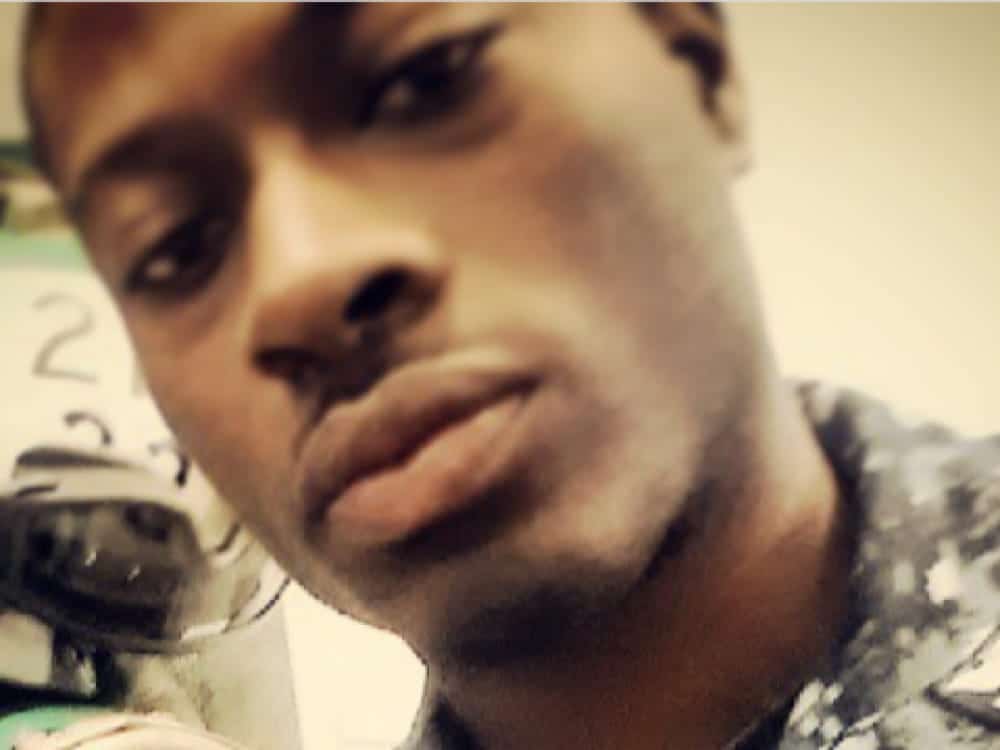At times I had to ask myself what does being a veteran in the US really mean.
I separated from the military in 2013 as an Avionics Electronics Technician for combat rotary-wing aircraft a.k.a. Helicopters, with the hopes of getting a great job, because I figured that what I’ve accomplished in the military would translate easily into the civilian sector, no problem.
But I was wrong and that led to some very difficult and time-consuming choices that took me from one mediocre, unfulfilling job to another and made me feel as indecisive as a high school student trying to figure out their career path.
What did it take to find a civilian job?
I had to reinvent myself and push myself to find a career path that’s more stable and aligns with the ideals that I carried with me through my time in the service. My first attempt at reinvention – I used the GI Bill to attend college and work towards becoming a healthcare professional.
But I just didn’t get the joy that I expected from being a part of that community. I’m not saying the work that we did wasn’t important, but it just wasn’t a path I wanted to continue following. So with those years gone, I had to make an immediate decision to continue using the education I’ve already required and apply that knowledge in another way. My decision – get a graduate degree in business and specialize in marketing so that I could compete with other highly educated individuals in the industry.
I would love to say that after earning this education, backed by 6 years of prior service managing massive military projects and work centers that I’d be a shoo-in for work in healthcare marketing, but once again I was sadly mistaken.

Going beyond education to make the transition
In-light-of my previously humbling experiences… I took my resume-building activities a step further by attending veteran leadership seminars, programs, volunteer events, and the list goes on. I continued modifying my resume more than I thought I should, in order to find a perfect translation of my technical skills to civilian skills.
Now, I was confident enough to begin my job search again.
During this particular time, I did face rejection more time than I’d like to admit. These events led me to reflect on, “Why is it so difficult for a veteran to explore other career fields?” I mean, I’ve earned a bachelor’s and master’s degrees, great evaluations, professional awards. I even supported government projects and maintained over $50 million worth of equipment.
And yet, I was burdened with this spirit-breaking weight of finding a job opportunity to support myself.
Four years after I separated from the military, I could finally see why so many amazing veterans were homeless, after a while just giving up seems easier. Untranslatable working experience or education, inadequate opportunities in the workforce, and organizations that have the ability to provide on-the-job training programs but are unwilling to spare the expense to train – these are the things that are keeping unemployed vets, unemployed. Now I’m led to believe that a fair amount of organizations were biased in some way towards vet applicants, even though it’s illegal.
Where do I go from here?
At this time I felt broken and defeated, as I faced frequent rejections in the industry I’ve chosen. I came to the realization that I needed to up my game to compete and pivot to a more niche sector of marketing.
Unfortunately, I ran into a dilemma, I had depleted my military funds acquiring my earlier degrees and left to figure out “where I go from here?” I researched and used free academic programs, worked with entrepreneurs and mentors, and taught myself digital advertising. Now I felt like I didn’t have to solely depend on veteran status. I was well-educated in this niche profession and I boasted multiple degrees.
You can bet that I began walking into interviews more confident that I was the right person for the job. Even rejections didn’t affect me anymore because I knew that I had a competitive resume. Not saying that it wasn’t tough, but I landed my first, then second, and then finally my latest digital marketing job – here at Mixte! There were even some gigs in between that helped me to stand out.
Final thoughts
I came onboard at Mixte with a primary concern for the company culture and honestly wasn’t too certain if I’d find a company that fundamentally aligned with the person I’ve become since my separation from the military. Fortunately for me, Mixte has exceeded my expectations, and I’m grateful that every challenge that I’ve faced brought forth this opportunity.
It can be tough for some veterans to cope with the fact that they have to fight even harder now to survive, than when they served. The challenges I’ve encountered took me to the point of depression, but staying positive, hopeful, and connected to the people you love will help you overcome.
Trust me, you won’t regret doing better to hire veterans.






